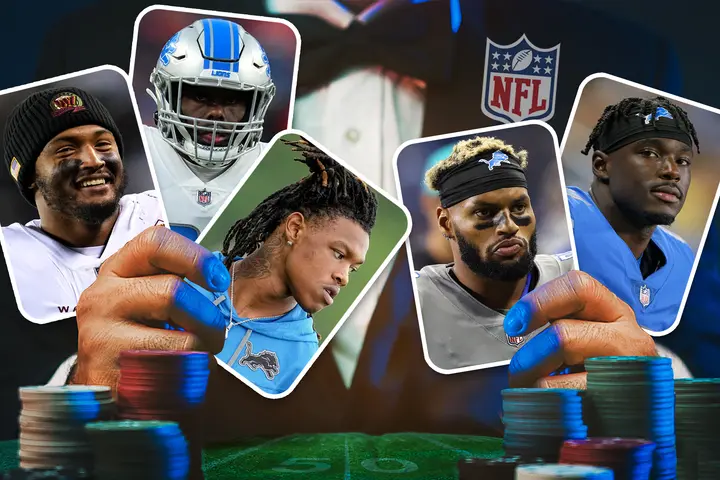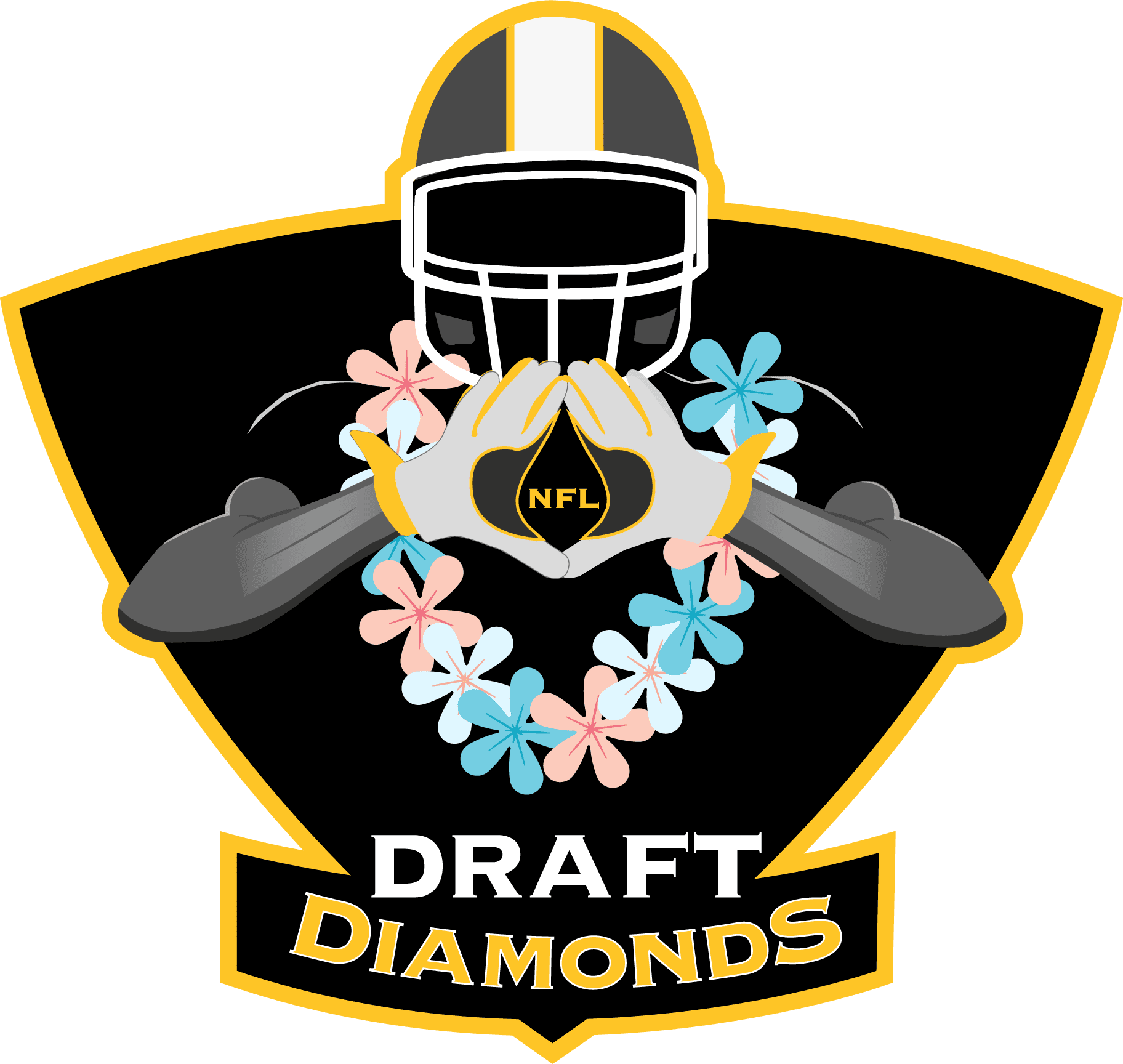How Is Online Gambling Affecting Eye-sight In Young Adults

It’s not just about the money anymore. Online gambling is changing how young adults live, think, and now—how they see. Literally. The screens are always on. The reels never stop spinning. And the eyes?
Your eyes are paying the price. We’re not just talking about tiredness or a bit of blur. We’re talking about a slow, creeping erosion of visual health that’s going mostly unnoticed. Because when you’re chasing a jackpot at 2 a.m., or looking for AmonBet Casino, the eye strain isn’t the first thing on your mind.
The Screen Time Spiral
Let’s start with the obvious. Online gambling is screen-based. And screen time among 18–30-year-olds has exploded. According to the Royal College of Ophthalmologists, the average young adult now spends over 11 hours a day on digital devices. That’s not just social media or work.
A growing chunk of that time is spent on gambling apps, slot simulators, and live dealer streams. The problem? These platforms are designed to keep you locked in. No natural breaks. No reminders to blink. Just endless engagement.
Blue Light, Red Flags
Blue light exposure is a big deal. It’s not just about sleep disruption anymore. Studies from the American Academy of Optometry show that prolonged blue light exposure can lead to digital eye strain in 68% of users under 30.
Symptoms include dry eyes, blurred vision, headaches, and even long-term retinal stress. Gambling apps, with their high-contrast visuals and rapid animations, are some of the worst offenders. They’re not built for eye health. They’re built for retention. And that’s the problem.
The Blink Deficit
Here’s something weird but true. When you’re focused on a screen—especially one that’s stimulating or high-stakes—you blink less. A lot less. Normally, we blink about 15–20 times per minute. But during intense screen use, that drops to 5–7 blinks per minute. That’s a 60% reduction.
And it matters. Blinking keeps your eyes moist and clears debris. Without it, you get dry eye syndrome. And once that sets in, it’s hard to reverse. Especially if you’re still glued to the screen.
The Addiction Loop and Visual Fatigue
Gambling isn’t passive. It’s interactive. It’s emotional. And that makes it worse for your eyes. Every spin, every bet, every win or loss triggers a dopamine hit. That keeps you engaged.
But it also keeps your pupils dilated, your focus locked, and your blink rate low. Over time, this leads to something called accommodative spasm—where your eye muscles get stuck in “close-up” mode. It’s like a cramp, but for your vision. And it’s becoming more common in young gamblers.
The Rise of Night Play
Most online gambling happens at night. That’s not speculation—it’s data. A 2025 report by the UK Gambling Commission found that over 62% of online bets placed by users aged 18–29 occurred between 10 p.m. and 4 a.m.
That’s prime time for eye damage. Why? Because your eyes are already tired. Your screen is brighter than your surroundings. And your body’s natural melatonin production is being suppressed. The result? Poor sleep, worse recovery, and a higher risk of long-term visual degradation.
The Mobile Factor
It’s not just laptops or desktops. Mobile gambling is booming. And that’s a problem for your eyes. Small screens mean smaller text, tighter focus, and more strain. Combine that with poor posture—like lying in bed with your phone six inches from your face—and you’ve got a recipe for chronic eye fatigue.
The American Optometric Association warns that mobile screen users are 2.5 times more likely to report symptoms of digital eye strain compared to desktop users. Young adults are the most affected.
The Silent Creep of Myopia
Near-sightedness, or myopia, is on the rise. And screen time is a major factor. The World Health Organization predicts that half the global population will be myopic by 2050. That’s not just genetics. It’s behavior.
And online gambling—especially in dark rooms, on small screens, for long hours—is accelerating the trend. Young adults who gamble online regularly are showing earlier onset of myopia, faster progression, and more severe symptoms. It’s not just about glasses. It’s about quality of life.
The Lack of Regulation
Here’s the kicker. Most gambling platforms don’t care. They’re not required to include eye health warnings. They don’t prompt breaks. They don’t dim screens at night. They don’t offer blue light filters. Because their goal is engagement, not wellness.
And while some apps have started adding “responsible gambling” features, none of them address visual health. It’s a blind spot. And it’s costing users more than they realize.
How Online Gambling Platforms Are Dealing With These Health Concerns
Some platforms are waking up. Not all, but a few. The conversation around responsible gambling is shifting—slowly—from just money to mental and physical health. And yes, that includes eye strain.
A handful of operators have started integrating screen-time reminders, blue light filters, and even “digital wellness” dashboards. LeoVegas, for instance, now offers a “reality check” feature that nudges users every 30 minutes. Others like Betway have begun experimenting with night mode interfaces to reduce blue light exposure during late-night sessions. But it’s still early days.
According to the National Council on Problem Gambling, only 22% of licensed platforms globally, such as free slots with scatter symbols , offer any form of visual health support. That’s low. Especially when over 68% of users under 30 report symptoms of digital eye strain after gambling online.
Some apps now include auto-dimming features and encourage users to take breaks, but these are often buried in settings menus—opt-in, not default. The real issue? There’s no regulation forcing platforms to care about eye health. It’s voluntary. And voluntary doesn’t scale.
Meanwhile, third-party tools like f.lux and Twilight are doing the heavy lifting. They adjust screen warmth based on time of day, helping reduce retinal stress. But unless users install them independently, they’re not part of the gambling experience.
Until regulators step in—or platforms see a business case in protecting vision—most of the responsibility still falls on the user. And in a dopamine-fueled environment, that’s a tough ask.
What Can Be Done On a Personal Level?
There’s no silver bullet. But there are steps. Start with awareness. Know that your eyes are at risk. Use blue light filters. Take breaks every 20 minutes. Blink consciously. Adjust your screen brightness.
And if you’re gambling online, set time limits—not just for your wallet, but for your vision. Because once your eyesight starts to slip, it doesn’t always come back.

NFL Draft Diamonds was created to assist the underdogs playing the sport. We call them diamonds in the rough. My name is Damond Talbot, I have worked extremely hard to help hundreds of small school players over the past several years, and will continue my mission. We have several contributors on this site, and if they contribute their name and contact will be in the piece above. You can email me at nfldraftdiamonds@gmail.com
